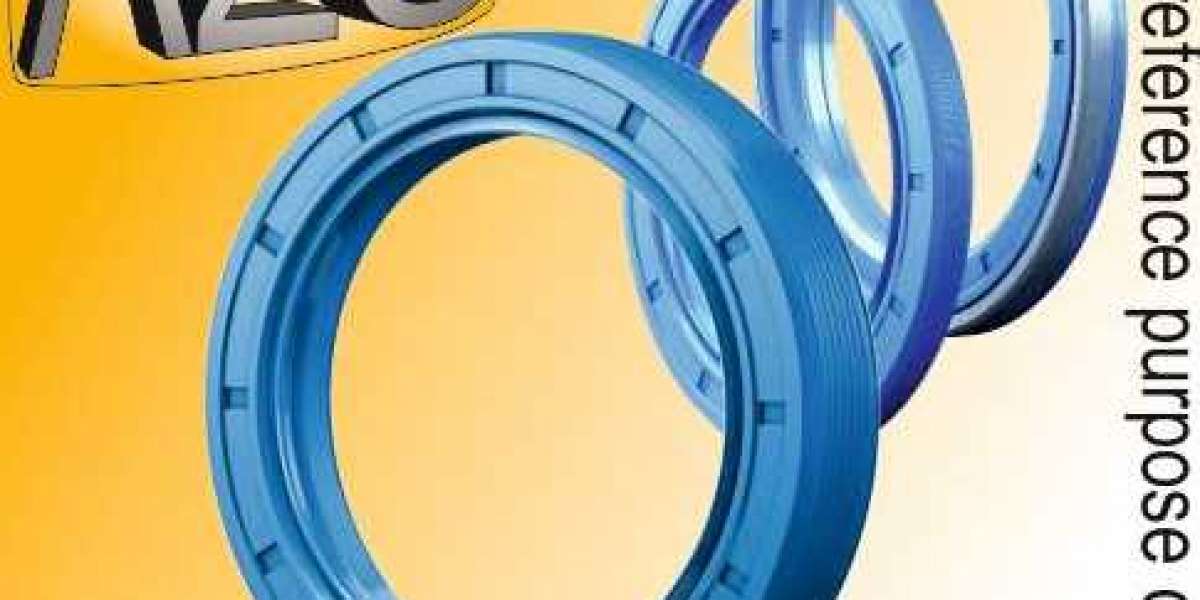Seals play a crucial role in various applications within the nuclear industry, where they are essential for maintaining the integrity of systems, preventing leaks, and ensuring the safety of equipment. Here are some common applications, challenges, and solutions related to seals in the nuclear industry:
Applications:
Reactor Coolant Systems: Seals are used in reactor coolant systems to prevent the leakage of coolant, which is typically water, from the primary loop. These seals help maintain the proper operating temperature of the reactor core.
Containment Systems: Seals are employed in the containment structures of nuclear power plants to ensure a tight barrier against the release of radioactive materials. This includes seals in doors, hatches, and penetrations through the containment structure.
Pump and Valve Systems: Seals are critical components in pumps and valves used in nuclear facilities. They help prevent the escape of radioactive fluids and maintain the efficiency and safety of the systems.
Nuclear Waste Storage: Seals are utilized in the storage and disposal of nuclear waste, including seals in waste containers, casks, and storage facilities. These seals must provide long-term containment and prevent the release of radioactive materials.
Radiation Shielding: Seals are employed in structures designed for radiation shielding, ensuring that there are no gaps or leaks that could compromise the containment of radiation.
Challenges:
Radiation Exposure: Seals in the nuclear industry are exposed to ionizing radiation, which can degrade materials over time. Specialized materials that resist radiation-induced degradation are required.
Temperature and Pressure Extremes: Nuclear reactors operate under high temperatures and pressures. Seals must withstand these extremes to maintain their integrity and prevent leaks.
Chemical Compatibility: Seals must be compatible with the various chemicals present in nuclear environments, including coolants and corrosion inhibitors, to ensure long-term performance.
Safety and Regulatory Compliance: Nuclear facilities must adhere to strict safety and regulatory standards. Seals play a crucial role in meeting these standards, and any failure could have serious consequences.
Long-Term Reliability: The long operational lifetimes of nuclear facilities require seals with exceptional durability and reliability to ensure the continued safe operation of the plant.
Solutions:
Radiation-Resistant Materials: Specialized materials, such as radiation-resistant elastomers and ceramics, are used in seals to withstand the effects of ionizing radiation and maintain their sealing properties.
Robust Seal Design: Seals are designed with robust geometries and reinforced structures to withstand the high temperatures, pressures, and mechanical stresses present in nuclear applications.
Quality Assurance and Testing: Rigorous quality assurance measures and testing protocols are implemented to ensure that seals meet the stringent requirements of the nuclear industry. This includes testing for radiation resistance, chemical compatibility, and long-term performance.
Regular Inspection and Maintenance: Regular inspection and maintenance procedures are essential to identify and address any issues with seals promptly. This proactive approach helps prevent potential failures and ensures the ongoing safety of nuclear facilities.
The development and use of advanced materials, stringent quality control measures, and a commitment to safety are crucial in addressing the unique challenges associated with seals in the nuclear industry. These measures contribute to the reliability and safety of nuclear facilities by preventing the release of radioactive materials and maintaining the integrity of critical systems.
See more








